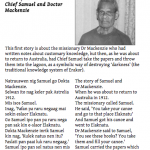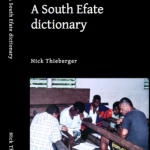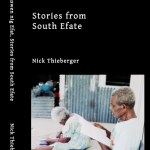This year at PARADISEC our collections grew as follows:
January 2011 / December 2011
159/172 collections
6,972 /7,422 items
46,900 /58,680 files
5.02 /5.46 TB
2880:25/3185:43 hours
We are always in negotiation with prospective depositors about collections, for example, we are working with Theodore Schwartz to accession his wonderful 1950s Manus (PNG) recordings (made with Margaret Mead) and have accessioned John Harris’s PNG recordings from the 1960s. Not all negotiations are successful however. For example, we offered to work with the Basel Kultur Museum to digitise Fr. John Z’graggen’s 500 tapes from the Madang region of PNG, but so far that offer has not been taken up.
We continue to be an exemplary five-star Open Language Archives Community (OLAC) collection, which means our metadata is among the few OLAC archives with the highest quality rating. The content of the metadata relies on depositors, so we have focused on making it as easy as possible for a minimal metadata set to be entered and then enhanced over time. Our metadata is also harvested at the collection-level by the Australian National Data Service.
 Follow
Follow

